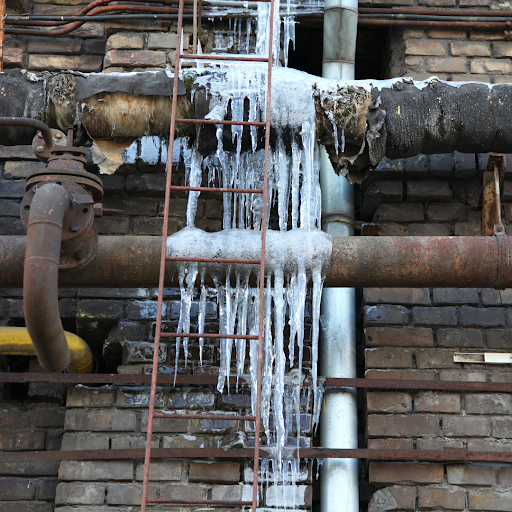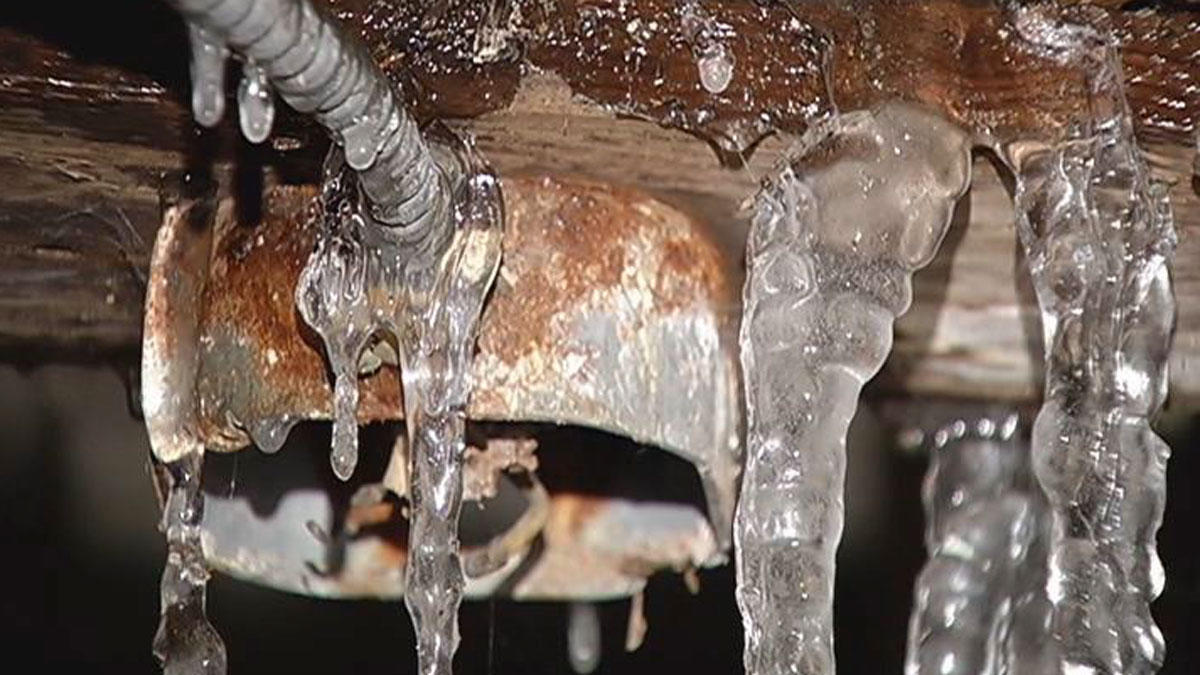Important Tips to Avoid Frozen Pipes in Winter: Specialist Insights
Important Tips to Avoid Frozen Pipes in Winter: Specialist Insights
Blog Article
The author is making a number of good annotation on Helpful Tips to Prevent Frozen Pipes this Winter overall in this article followed below.

Cold weather can damage your plumbing, specifically by freezing pipes. Right here's just how to avoid it from occurring and what to do if it does.
Intro
As temperatures decrease, the risk of frozen pipes rises, possibly bring about pricey repairs and water damages. Recognizing just how to stop icy pipes is important for property owners in cold climates.
Avoidance Tips
Protecting susceptible pipes
Cover pipes in insulation sleeves or use warmth tape to secure them from freezing temperatures. Concentrate on pipes in unheated or external locations of the home.
Heating methods
Keep indoor spaces effectively warmed, specifically areas with plumbing. Open cupboard doors to enable warm air to distribute around pipelines under sinks.
Just how to recognize icy pipelines
Try to find lowered water circulation from taps, unusual odors or sounds from pipelines, and visible frost on exposed pipelines.
Long-Term Solutions
Structural adjustments
Think about rerouting pipelines far from exterior wall surfaces or unheated areas. Include extra insulation to attic rooms, basements, and crawl spaces.
Updating insulation
Invest in high-quality insulation for pipelines, attics, and walls. Correct insulation assists keep consistent temperature levels and reduces the danger of icy pipes.
Securing Outdoor Plumbing
Yard pipes and outdoor faucets
Separate and drain pipes garden hose pipes prior to winter months. Install frost-proof spigots or cover outside taps with shielded caps.
Understanding Frozen Pipes
What causes pipes to freeze?
Pipes freeze when subjected to temperature levels listed below 32 ° F (0 ° C) for prolonged durations. As water inside the pipes freezes, it broadens, putting pressure on the pipe walls and potentially causing them to break.
Threats and problems
Icy pipes can result in supply of water disruptions, home damage, and expensive fixings. Ruptured pipes can flooding homes and trigger comprehensive structural damages.
Indications of Frozen Pipes
Recognizing frozen pipelines early can avoid them from bursting.
What to Do If Your Pipelines Freeze
Immediate actions to take
If you believe frozen pipelines, keep taps open to eliminate pressure as the ice thaws. Use a hairdryer or towels soaked in warm water to thaw pipes slowly.
Conclusion
Preventing frozen pipelines needs aggressive steps and fast reactions. By recognizing the causes, indications, and safety nets, property owners can secure their pipes during cold weather.
6 Proven Ways to Prevent Frozen Pipes and Protect Your Home
Disconnect and Drain Garden Hoses
Before winter arrives, start by disconnecting your garden hoses and draining any remaining water. Close the shut-off valves that supply outdoor hose bibs and leave the outdoor faucet open to allow any residual water to drain. For extra protection, consider using faucet covers throughout the colder months. It’s also important to drain water from any sprinkler supply lines following the manufacturer’s directions.
Insulate Exposed Pipes
Insulating your pipes is an effective way to prevent freezing. Pipe insulation is readily available at home improvement stores and is relatively inexpensive. Pay close attention to pipes in unheated areas such as the attic, basement, crawl spaces, or garage. Apply foam insulation generously to create a buffer against the cold. You can also wrap your pipes in heat tape or thermostat-controlled heat cables for added warmth.
Seal Air Leaks
Inspect your home for any cracks or openings that could let in cold air. Seal any holes around the piping in interior or exterior walls, as well as the sill plates where your home rests on its foundation. Additionally, make sure to keep your garage door closed unless you’re entering or exiting. Leaving it open creates a significant air leak that can lead to frozen pipes.
Allow Warm Air Circulation
During cold snaps, it’s essential to allow warm air to circulate evenly throughout your home. Leave interior doors ajar to promote better airflow. Open kitchen and bathroom cabinets to help distribute heat consistently around the rooms. If you have small children or pets, be sure to remove any household chemicals or potentially harmful cleaners from open cabinets for safety.
Let Faucets Drip
A small trickle of water can make a big difference in preventing ice formation inside your pipes. When temperatures drop significantly, start a drip of water from all faucets served by exposed pipes. This continuous flow helps prevent the water from freezing. Additionally, running a few faucets slightly can relieve pressure inside the pipes, reducing the chances of a rupture if the water inside does freeze.
https://choateshvac.com/6-proven-ways-to-prevent-frozen-pipes-and-protect-your-home/

Hopefully you liked our piece about Prevent Frozen Pipes . Thank you for taking a few minutes to read through our blog post. Sharing is nice. You just don't know, you may just be doing someone a favor. Thanks for being here. Don't hesitate to come visit our website back soon.
About This Report this page